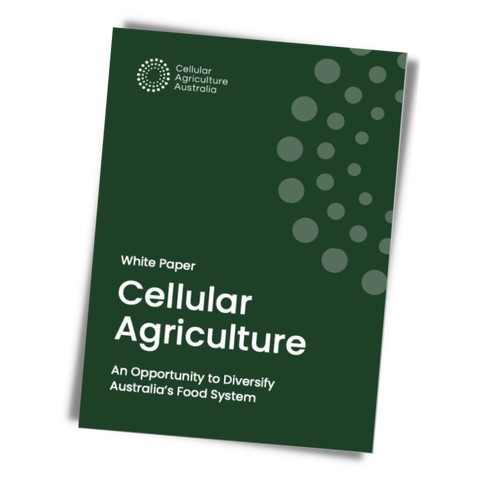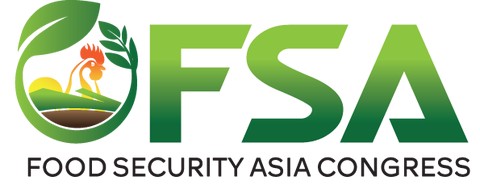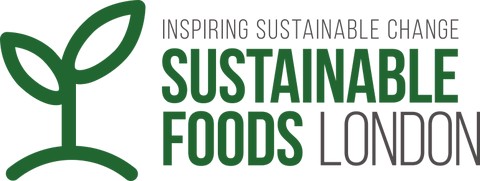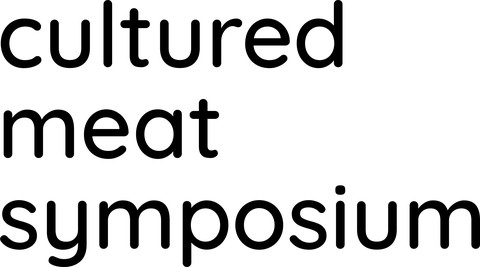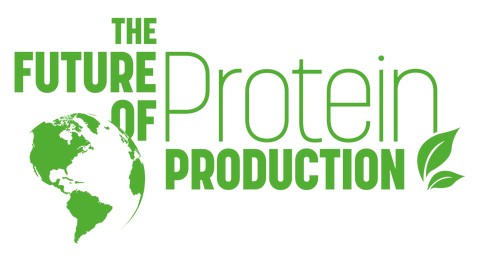Cellular Agriculture - A Powerful New Economic Opportunity for Australia
August 25, 2022 - 4 min read
Melbourne, Australia — Australia has an opportunity to tap into a global protein market worth US$930 billion by 2035 by investing and scaling up its cellular agriculture capability, a new report has found.
The first assessment of the field’s potential in Australia is outlined in a white paper released by Cellular Agriculture Australia (CAA), that shows the country is well placed to be a global player in this game-changing technology.
Cellular agriculture uses biotechnology to create animal-derived products like meat, milk, eggs and leather from cells – rather than whole animals. It is an emerging global industry, with more than 90 companies founded worldwide since 2015. The first cultivated meat product was approved for sale in Singapore in 2020, and US$1.2 billion was invested in cultivated foods globally in 2021.
CAA’s Chief Executive Officer, Dr Sam Perkins, said while it is a nascent industry in Australia, it was well-placed to become a world leader. “With a world-leading agricultural sector, an outstanding stem cell research industry, and growing advanced manufacturing infrastructure, Australia can become a global leader in cellular agriculture.”
In addition, cellular agriculture has the potential to address a number of Australia’s policy objectives, including enhancing food security using fewer natural resources and strengthening resilience to a changing climate. The technology and emerging industry is capturing increasing attention, from policymakers through to fund managers with a focus on responsible investing. Hunter Page, Impact Investment Specialist and Portfolio Manager at Sydney-based listed equities fund manager, Redpoint, says innovation in the global food industry is critical to driving the transition to net-zero.
“Cellular agriculture is emerging as a viable technology with enormous potential benefits for nature and the climate while the world seeks ways to feed everyone. Decarbonisation and the safeguarding of nature is won and lost in the most energy and natural capital intensive sectors. Cellular agriculture is an exciting opportunity for investors to fund the solutions and participate in the growth of a nascent industry.”
Cellular Agriculture Australia is calling for three initiatives in public investment and infrastructure development to capture this economic opportunity:
- Developing a skilled and future-fit workforce to enable commercialisation and industry growth
- Deepening Australia’s cross-disciplinary open access cellular agriculture research
- Establishing at-scale manufacturing capabilities and infrastructure
“National strategic coordination and targeted public investment are needed to propel a new advanced manufacturing opportunity in Australia,” says Dr Perkins." To strengthen our ambitions in advanced food and beverage manufacturing - and enhance our existing agriculture and biotechnology industries, swift action must be taken."
Tom Davies, VP of Research and Operations (APAC) for Change Foods, a Australian-US company developing precision fermented cheese, says access to talent remains a critical limit on growth.
"The future growth and success of the cellular agriculture industry is almost entirely dependent on the work of brilliant scientists, bio-chemists and engineers working together to solve complex problems. Our industry's biggest challenge is not only recruiting and training the people we desperately need now, but how do we build and scale the pipeline to produce the many thousand workers that we require globally in the coming decades?"
Beyond talent, Dr Perkins says access to infrastructure is also hampering the sector’s growth and warns that other countries are already seeking to attract cellular agriculture companies, including from Australia.
“We’ve seen a particular interest from the Middle East in growing high tech jobs in the region and countries are offering a range of benefits to attract researchers and startups, including access to world-class infrastructure.”
Paul Bevan, CEO of Melbourne-based company, Magic Valley, the world’s first cultured lamb company, summarises the challenge for Australia.
"Without further investment in domestic infrastructure, we will be forced to set up production overseas where the opportunities are endless".
Cellular Agriculture Australia is convening a workshop next month to bring together industry, researchers, capital investors and policymakers to develop a shared plan for the industry’s growth.
Download the White Paper
here
Contact: Joanne Tunna | joanne@cellagaustralia.org | 04 249 783 01
About Cellular Agriculture Australia
Cellular Agriculture Australia is a non-profit organisation dedicated to
advancing cellular agriculture research and education in Australia to
support the development of this emerging industry. Australia’s nascent
cellular agriculture industry is led by scientists and engineers in
emerging companies and at Australia’s leading universities including
Monash, Melbourne, UNSW, QUT and the University of the Sunshine Coast.
Significant seed capital has flowed from reputable investors including
CSIRO’s Main Sequence Ventures fund, VC firm Blackbird Ventures, and the
Clean Energy Finance Corporation. Since 2018, eight cellular agriculture
companies have been created here – All G Foods, Change Foods, Eden
Brew, Hueros, Magic Valley, MeAnd Food Tech, Nourish Ingredients and
Vow.
Email: hello@cellagaustralia.org
Website: https://cellularagricultureaustralia.org
LinkedIn:
cellular-agriculture-australia
Instagram:
@cellagaustralia
Twitter: @cellagaustralia
